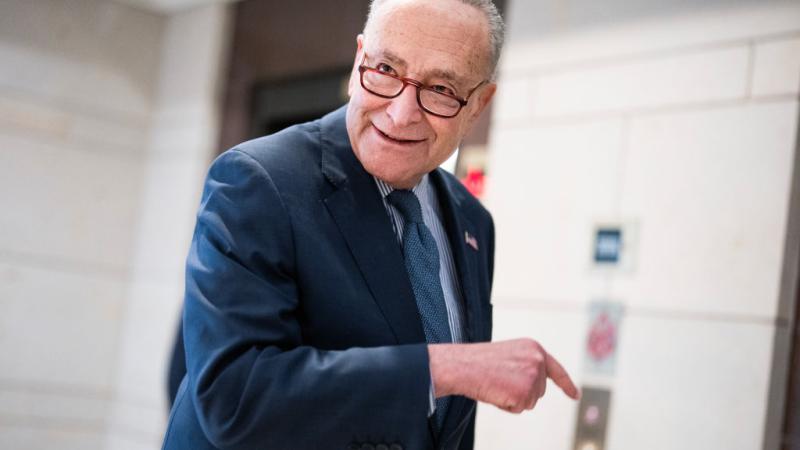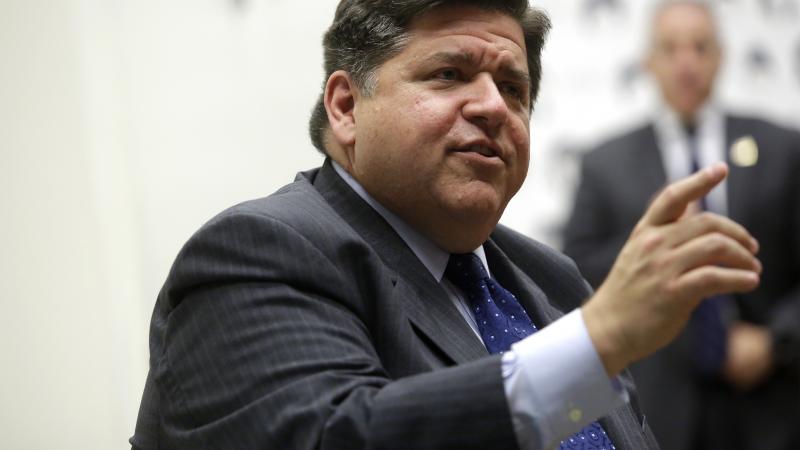Comey, Letitia James' attorneys in court Thursday to try to disqualify Halligan from prosecuting
Attorneys for both Comey and James will argue that Halligan was never eligible to take on the prosecutorial role because of legal limits on who can serve in it
Attorneys for New York Attorney General Letita James and former FBI Director James Comey are set to argue in federal court Thursday that interim U.S. Attorney Linsdey Halligan should be disqualified for prosecuting their respective client's cases because she was illegally appointed by the Trump administration.
Judge Cameron Currie, a Clinton appointee in South Carolina, will preside over the hearing, according to Politico.
The hearing follows Attorney General Pam Bondi's appointment of Halligan, President Trump’s former personal lawyer, as interim U.S. attorney for the Eastern District of Virginia in September at Trump's urging. Halligan succeeded Erik Siebert, who resigned after he resisted bringing charges against Comey and James.
The plaintiffs' attorneys argue Halligan was never eligible to take on the prosecutorial role because of legal limits on who can serve in it.
Three other DOJ prosecutors have already been disqualified by federal courts. However, if Halligan is disqualified, a key issue is that she was the only federal prosecutor to sign the Comey and James indictments and present evidence to the grand juries that approved them.
While Currie is unlikely to rule immediately, she has a short timeline because Comey and James are both slated to go to trial in January.
The core issue over Halligan’s appointment is a law that allows for the temporary replacement of a U.S. attorney when a previous one leaves. The federal statute allows the attorney general to install a replacement for 120 days and the local federal court to appoint that person or another to serve as the interim U.S. attorney after the 120 days expires.
Siebert's 120-day appointment as interim U.S. attorney expired in May, before the Eastern District of Virginia judges decided to let him continue in the role. He then resigned on Sept. 19, although Trump later claimed he was fired.
The DOJ argues that Siebert's departure allowed Bondi to name Halligan to the post on a temporary basis, restarting the 120-day clock.
However, Comey and James' attorneys argue that the law gives the attorney general only one appointment of up to 120 days, and that the post can subsequently only be filled by other means, such as a court-directed appointment.













